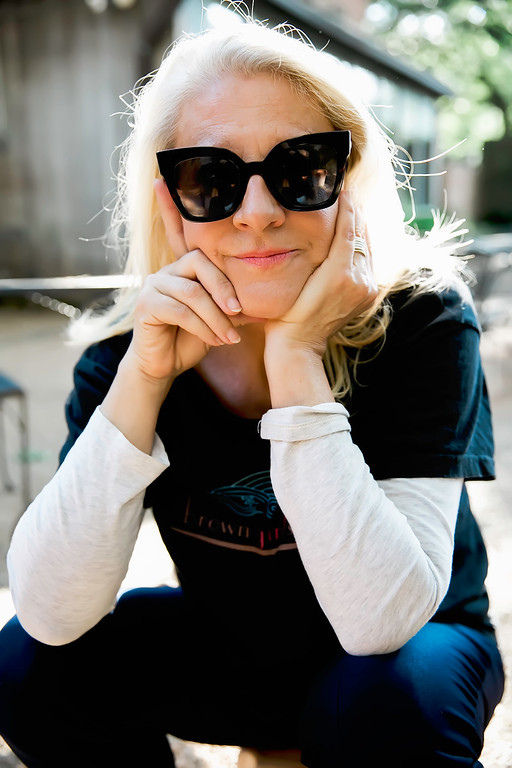Houston, Texas
Writing of Witness with Elizabeth Rosner
I think of myself as a writer more than a scholar and in the last 5 years I have been making a long transition to write toward public as well as university audiences. Rice University is where I work as a professor, in Houston, which is on the Gulf Coast of Mexico, the 4th largest city in the US, very cosmopolitan and rich in who is here. When people dismiss “Texas” as crazy and conservative they overlook the majority-minority folks who live in places like Houston. I came to Houston twenty-five years ago with my husband who is also at Rice as a Chicano Studies professor. He was born and raised in Houston, his family immigrated from Monterrey in 1960, and they have been a big part of our life, and our sons’ lives.
The books I’ve written engaged important gaps in scholarly fields. The first one Landscapes of the New West created a new feminist critical race framework for cultural analyses of US West social life and border literatures. The next book Surfer Girls in the New World Order blended ethnography with social history and feminist political economy to show that women surfers and their activist organizations have a lot to say to feminist scholars about globalization, embodied politics and environment. To my surprise surfers read that book, reached out to me for collaboration, and since 2014, with surfers, I have directed The Institute for Women Surfers, an international program in feminist political education that has taught me a lot about physical well- being and sea life as sources of passion. Most recently last summer I was on the road, driving 5,000 miles and blogging about it in an interview project for a book called Living West as Feminists. The projects asks scholars to think about their relation to place and to feminism which turns out to be a great impossible task. We are trying to imagine “feminist rest areas” as places of relational trust as we sort out differences between women and the priorities of feminist politics.
All of the writing, and lots of essays, come out of a personal history that is part of the memoir I’m working on in Tepoztlán. Over ten years ago I finished the research into my family’s business, which had to do with the Vietnam War. We were never the same family again after the War, then along came Civil Rights and feminism. I have written most of the memoir, years ago, and I plan to use the Tepoz time, and the discussions about “writing of witness” to draft the final section.


